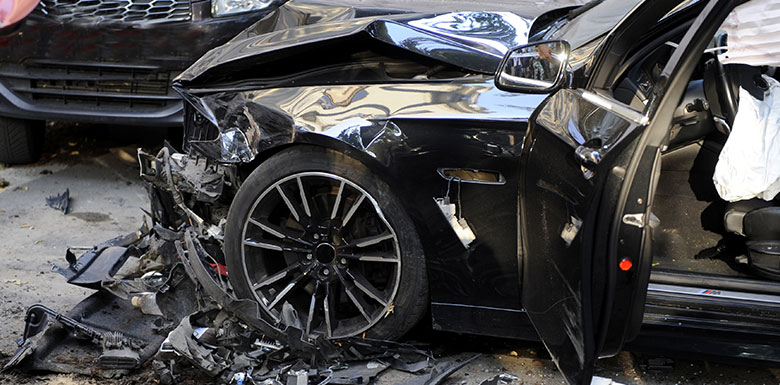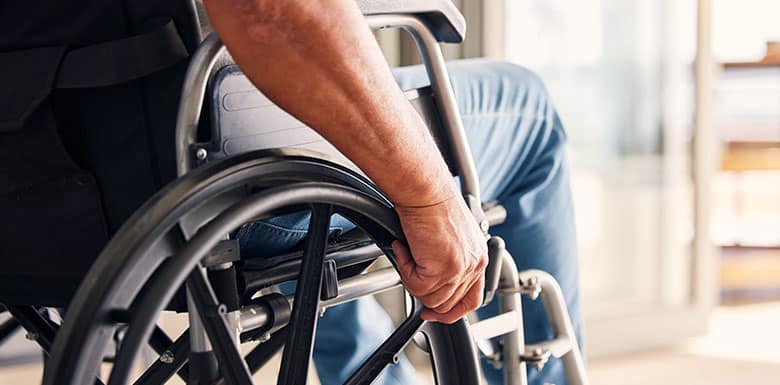Damages in NY Personal Injury Cases
In a New York personal injury case, the damages you may recoup are meant to compensate you for the losses you’ve experienced due to another’s negligence. These damages fall into two main categories: economic and non-economic damages. In some cases, punitive damages may also be awarded to punish particularly egregious behavior.
Damages are intended to restore you as closely as possible to your position before the injury.
Economic Damages
Economic damages are designed to compensate you for actual, calculable financial losses caused by your injury. These typically include:
Your Medical Expenses
Medical expenses cover all costs related to the treatment and care of your injury, including hospital stays, surgeries, doctor visits, and prescribed medications. You can also recover expenses for rehabilitation services such as physical therapy. If your injury requires ongoing care, future medical costs can also be included in your claim.
Your Lost Wages
When you cannot work due to your injury, you can recover the income you lost during your recovery period. This includes wages from missed workdays and lost opportunities such as bonuses or overtime. For self-employed people, compensation can also cover lost business or contracts.
Reduced Earning Capacity
If your injuries affect your ability to work in the same capacity in the future, you may be entitled to damages for loss of earning capacity. This compensation accounts for the long-term impact of the injury on your career or ability to work.
Whether you cannot return to the same job or take a lower-paying position, damages for loss of earning capacity aim to cover the gap in future income. These damages are especially crucial for those facing permanent or long-term disabilities.
Property Damage
If personal property was damaged during the accident, you can claim compensation for its repair or replacement. For example, in a car accident, this would include the cost of fixing or replacing your vehicle. Personal property, such as electronics or valuables inside the vehicle, can also be covered.

Non-Economic Damages
Non-economic damages compensate for your injury’s more subjective, less tangible impacts. These damages recognize an injury’s emotional and physical toll on your overall quality of life.
Your Pain & Suffering
Pain and suffering compensation covers the physical discomfort and long-term pain resulting from your injury. This includes both acute pains immediately following the incident and any ongoing chronic pain you may experience. These damages are subjective, so their value often depends on the injury’s severity and impact on your daily life.
Your Emotional Distress
Emotional distress damages compensate for the psychological effects of your injury, such as anxiety, depression, or post-traumatic stress disorder (PTSD). These injuries can significantly affect your mental well-being and require therapy or medication. Emotional distress often stems from the trauma of the accident itself or the resulting life changes.
Loss of Enjoyment of Life
If your injury prevents you from participating in hobbies, sports, or other activities you previously enjoyed, you may be entitled to damages for loss of enjoyment of life. This compensation reflects the diminished quality of life that comes with being unable to engage in the things that bring you happiness.
This loss can significantly affect your emotional well-being, whether playing sports, traveling, or doing simple daily activities.
Loss of Consortium
Loss of consortium refers to the impact of an injury on personal relationships, particularly with a spouse or family members. This can include a loss of companionship, intimacy, or the ability to maintain an everyday family life.
Spouses may be entitled to compensation for the emotional and practical loss of the injured person’s presence or support.
Punitive Damages
Punitive damages are awarded in cases where the defendant’s behavior was especially reckless or malicious. These damages are meant to punish the wrongdoer and discourage similar behavior in the future.
While not common in every case, they can significantly increase compensation in cases of gross negligence or intentional misconduct.
Tell Us What Happened
"*" indicates required fields


